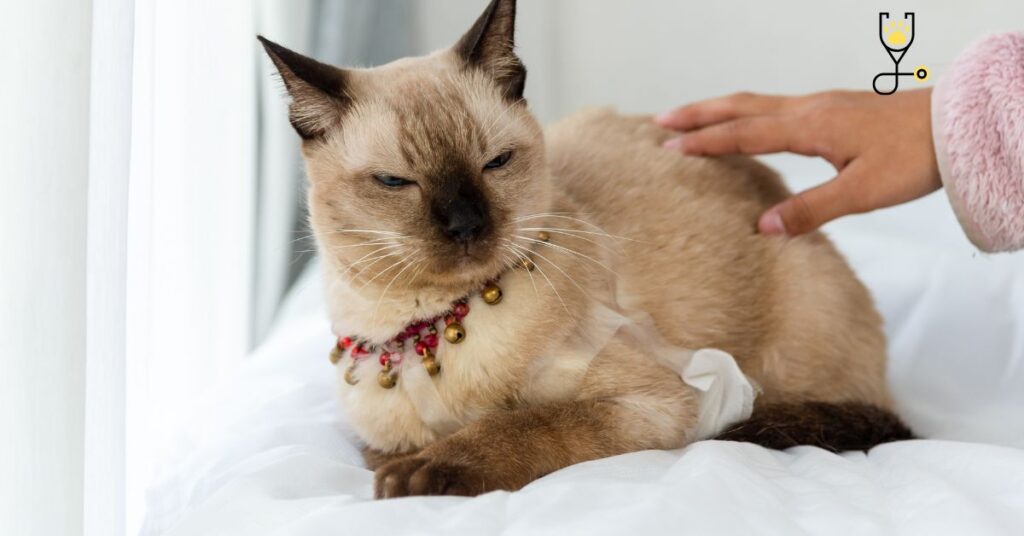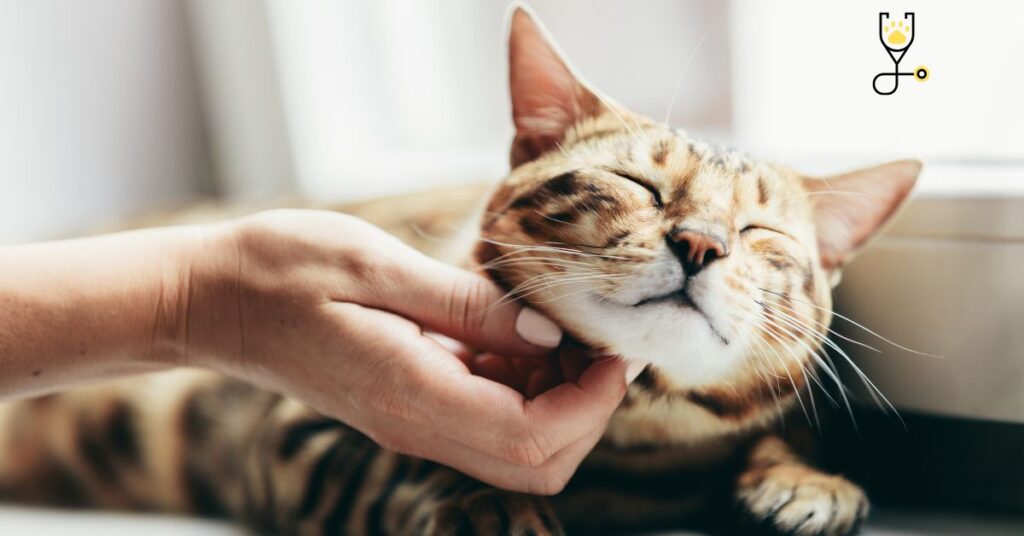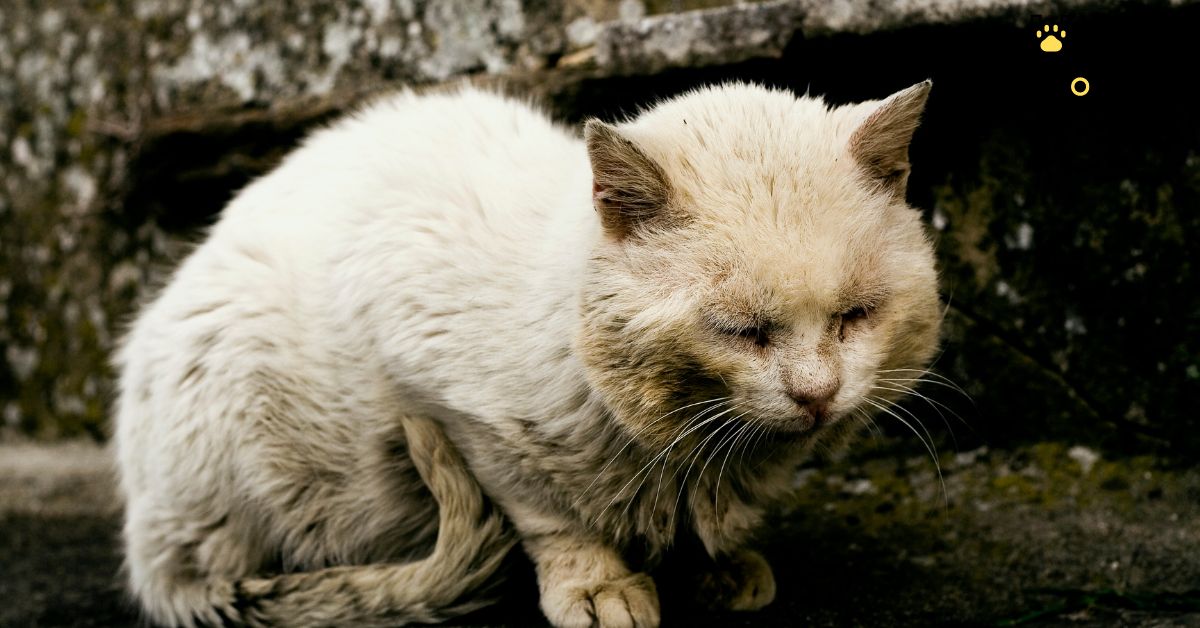Introduction
If you’ve ever had a cat that seemed off in its mental state, you may have been experiencing inappropriate mentation. This condition is characterized by changes in a cat’s mood or behavior that don’t seem to fit with what’s going on around them. Inappropriate mentation can be caused by a variety of things, from underlying health conditions to stress. Keep reading to learn more about the causes, symptoms, and treatment of inappropriate mentation in cats. Plus, we’ll give you some tips on how to prevent it from happening in the first place.
What is Inappropriate Mentation?
Inappropriate mentation is a condition that’s characterized by changes in a cat’s mood or behavior. These changes can be anything from mild to severe, and they usually don’t make sense given the current situation. For example, a cat with inappropriate mentation may become suddenly aggressive for no apparent reason. Or, a normally social cat may start avoiding people and hiding.
Symptoms of inappropriate mentation in cats
The symptoms of inappropriate mentation will vary depending on the underlying cause. However, there are some common signs that you may notice if your cat is experiencing this condition. These include:
- Changes in mood or behavior: The most common symptom of inappropriate mentation is a change in your cat’s mood or behavior. This can be anything from becoming more aggressive to suddenly hiding all the time.
- Lethargy: A cat with inappropriate mentation may also seem lethargic and tired. They may sleep more than usual and have little energy for playing or moving around.
- Changes in appetite: Another common symptom is a change in appetite. A cat with inappropriate mentation may start eating more or less than usual. They may also lose interest in food altogether.
- Weight loss: In some cases, a cat with inappropriate mentation may start to lose weight. This can be due to a decrease in appetite or an increase in energy levels.
Cause of inappropriate mentation in cats
There are a number of different things that can cause inappropriate mentation in cats. In most cases, it’s caused by an underlying health condition. However, it can also be brought on by stress or other environmental factors. Some of the most common causes of inappropriate mentation include:

Health conditions: One of the most common causes of inappropriate mentation is an underlying health condition. This could be anything from a thyroid disorder to kidney disease. If your cat is displaying signs of inappropriate mentation, it’s important to take them to the vet for a check-up.
Stress: Stress is another common cause of inappropriate mentation. Cats can get stressed by a number of things, including changes in their environment or routine.
Environmental factors: In some cases, environmental factors can trigger inappropriate mentation. This could be anything from a new pet in the house to a move to a new home.
Treatment of inappropriate mentation in cats
The treatment of inappropriate mentation will depend on the underlying cause. If it’s due to an underlying health condition, your vet will likely prescribe medication. If it’s brought on by stress, you may need to make some changes to your cat’s environment. Some of the most common treatment options for inappropriate mentation include
- Medication: If your cat is displaying signs of inappropriate mentation, it’s important to take them to the vet for a check-up. Your vet will likely prescribe medication if they believe the cause is an underlying health condition.
- Environmental changes: If your cat is experiencing inappropriate mentation due to stress, you may need to make some changes to its environment. This could involve anything from providing more hiding spots to adding new toys.
- Anti-anxiety medication: In some cases, your vet may prescribe anti-anxiety medication for your cat. This can help to reduce stress and ease the symptoms of inappropriate mentation.
Preventions of inappropriate mentation in cats
There are a few things you can do to help prevent inappropriate mentation in cats. These include: Providing a stable environment:

1. One of the best ways to prevent inappropriate mentation is to provide your cat with a stable environment. This means avoiding big changes, such as moving house or getting a new pet.
2. You should also try to keep your cat’s routine as consistent as possible. This will help to reduce stress and make them feel more comfortable.
3. If you do need to make changes to your cat’s environment, do so gradually. This will give them time to adjust and reduce the likelihood of developing inappropriate mentation. Keeping them active:
4. Exercise is important for all cats, but it can be especially helpful in preventing inappropriate mentation.
5. Keeping your cat active will help to reduce stress and keep its mind occupied.
Conclusion
Inappropriate mentation is a condition that can be caused by a number of different things. In most cases, it’s brought on by an underlying health condition. However, it can also be caused by stress or other environmental factors. If your cat is displaying signs of inappropriate mentation, it’s important to take them to the vet for a check-up.
FAQ’s
1. What are the most common causes of inappropriate mentation?
A. The most common causes of inappropriate mentation include health conditions, stress, and environmental factors.
2. What are some of the treatment options for inappropriate mentation?
A. Treatment options for inappropriate mentation include medication, environmental changes, and anti-anxiety medication.
3. What are some ways to prevent inappropriate mentation?
A. Some ways to prevent inappropriate mentation include providing a stable environment and keeping your cat active.
4. My cat is displaying signs of inappropriate mentation. What should I do?
If your cat is displaying signs of inappropriate mentation, it’s important to take them to the vet for a check-up. Your vet will likely prescribe medication if they believe the cause is an underlying health condition.
5. Is there a cure for inappropriate mentation?
There is no cure for inappropriate mentation, but there are treatment options that can help to ease the symptoms.







